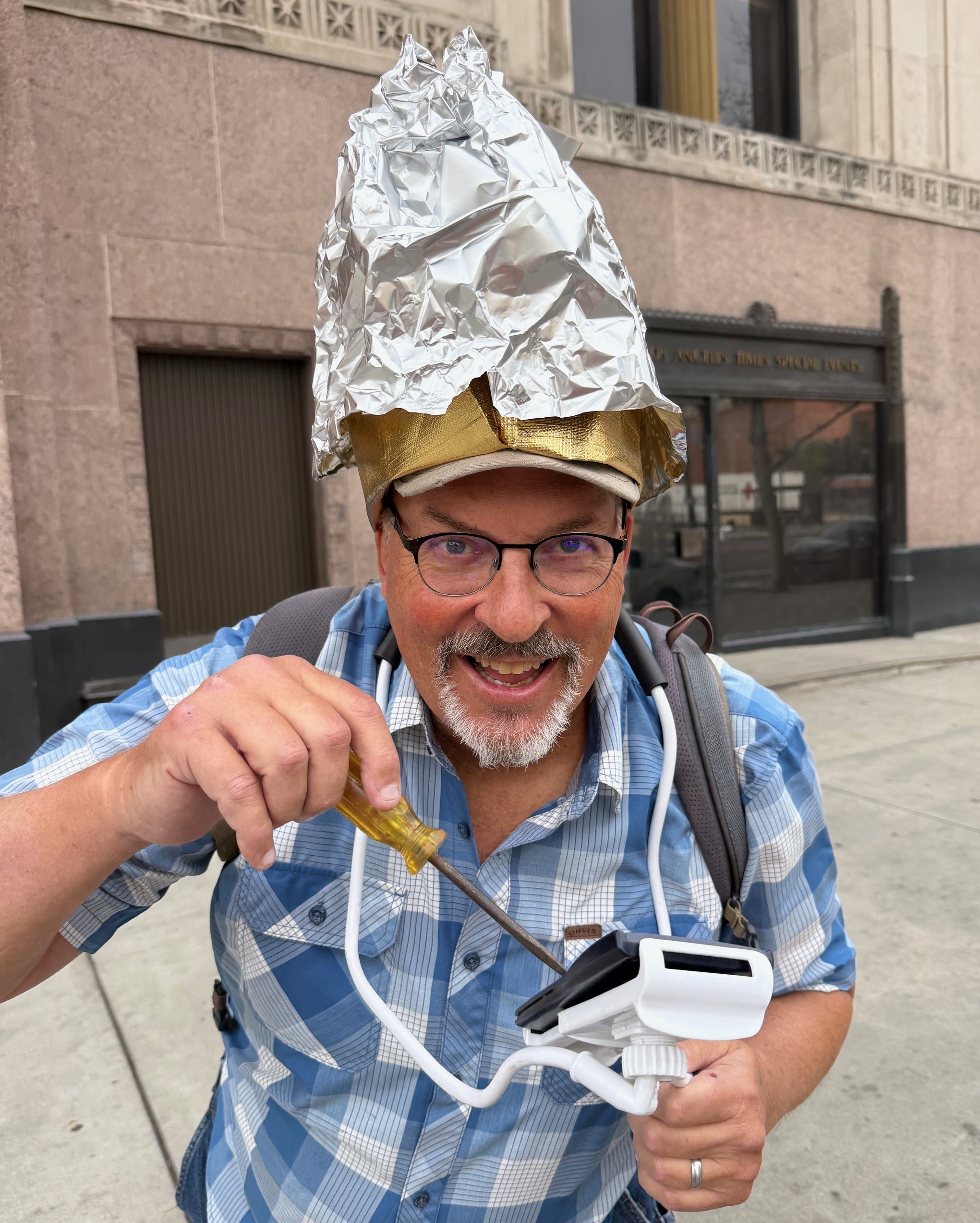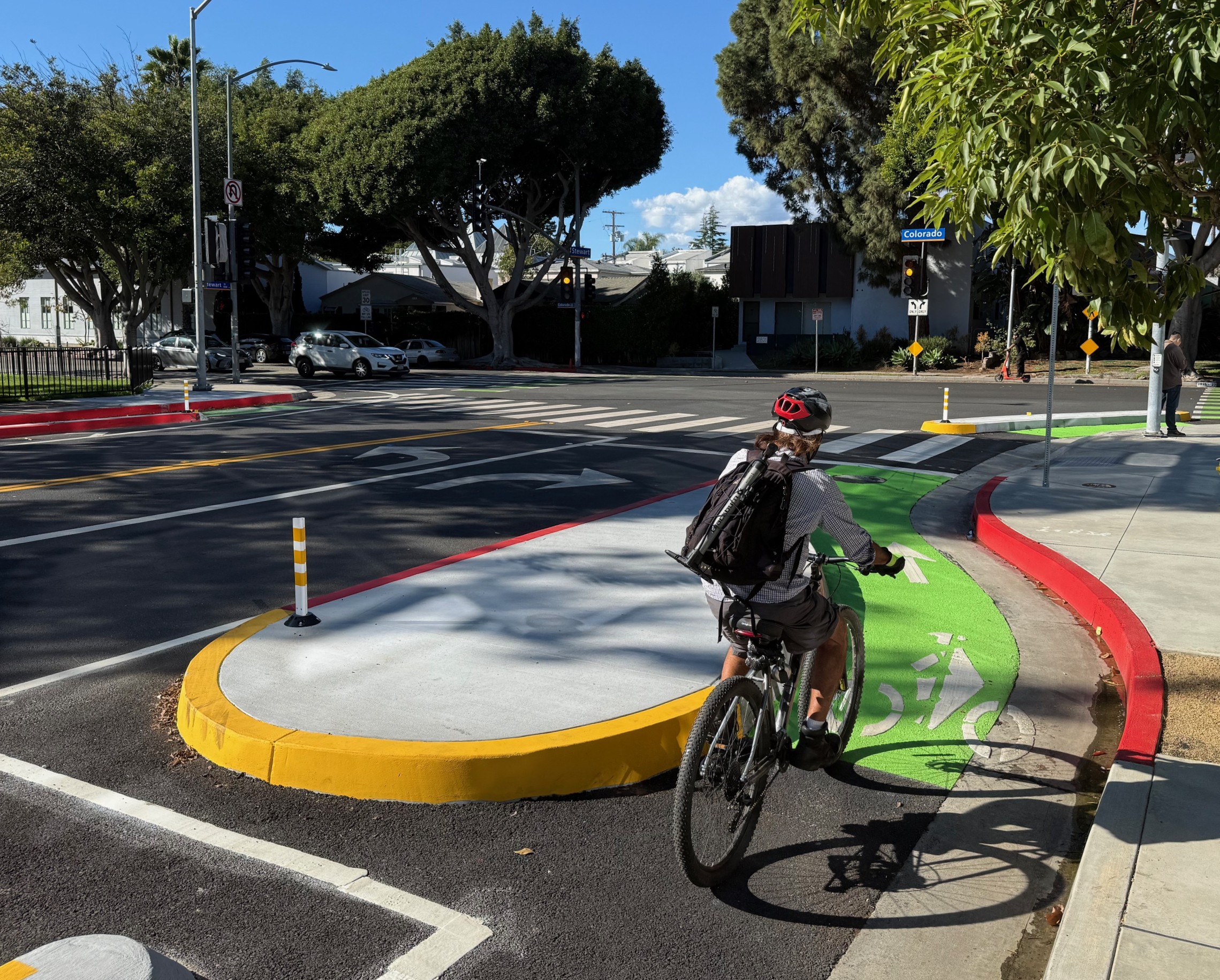We'd all like to see parking prices raised to reflect the demand for parking and the real costs associated with maintaining parking infrastructure, or -- better yet -- the elimination of much of the surface parking that overruns cities, making them less walkable and transit friendly.
So the idea of parking lot privatization -- theoretically moving from a public subsidy for car storage to a market orientation -- has promise. Of course, how it performs in practice depends on how the deal is structured.
The state of New Jersey is considering a privatization scheme for its transit station parking lots that would involve leasing the lots to private operators. Unfortunately, the state's plan looks like a model of how not to structure a public-private partnership, say Stephen Smith at Market Urbanism and Matt Yglesias at Think Progress.
Smith says the lessees will have limited control to set prices and the very arrangement will prevent development of the valuable land:
[R]ather than taking on entrenched suburban interests, we’re just adding another layer of government dependents, this time of the monied corporate variety (bidders include KKR, Morgan Stanley, Carlyle, and JP Morgan). The land on which transit parking lots sit is uniquely positioned to be converted into dense development, and the only thing worse than sitting on the land would be for the agencies to sign away their rights to change that within the foreseeable future.
Yglesias says an outright sale of the parking lots to private investors would be preferable, allowing their conversion to more productive uses, like housing:
Today’s privately owned parking lot could be tomorrow’s transit-oriented development. And today’s publicly owned parking lot could be sold to a private owner. But a parking lot that’s publicly owned but contracted out to a private operator is the worst of both worlds—a kind of publicly guaranteed, contractually obligated subsidy to parking and parking-lot operation.
Elsewhere on the Network today: Activists in Portland are campaigning to make streetcar tracks safer for cyclists, reports Bike Portland. Decatur Metro compares the energy consumption of various modes of transport, plus their intangible benefits. And TheCityFix outlines ways planners can influence the public to make good decisions on behalf of sustainability and community cohesion.







